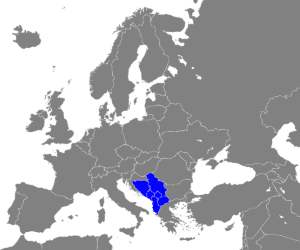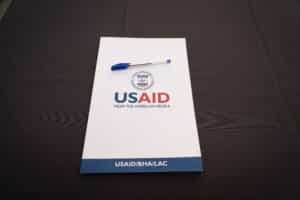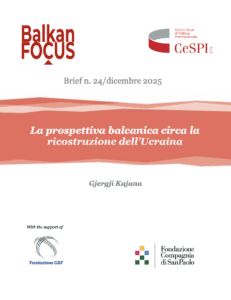Ten years ago, there was a wave of optimism known as the Arab Spring. Change was coming to the region following the tragic death in Tunisia of Mohammed Bouazizi on 17 December 2010 which led to a wave of protests throughout the Middle East and North Africa.
Although the basis of these protests was similar such as corruption, authoritarianism, unemployment and poverty, each country took its own path and outcomes of the uprisings varied widely. For instance, in Tunisia demonstrations led to the ousting of Zine el Abidine Ben Ali, who had been Tunisia’s President since 1987; this resulted in the first free elections in October 2011. Inspired by Tunisia, many Egyptians took to the streets in January 2011, later followed by protests in, among others, Morocco and Lebanon.
A chance for democratic change
With a revolutionary wave of protest in the Middle East and North Africa region, there was hope, and the opportunity to push open the window for democratic change and free and fair elections. This fleeting window for change was grabbed enthusiastically by progressive forces. Activists rose to the occasion, openly organising peaceful protests and campaigns. This included women activists who were often at the forefront of the populist movements but who, following changes, found that their status was threatened or undermined. For instance, women were often insufficiently represented in transitional governance arrangements and processes, politically marginalised in their civil society organisations and side-lined even in progressive political parties.
Women assembling
This marginalization was the case for some women from Egypt, Tunisia, Lebanon and Morocco. These women all worked closely together to establish Tha’era, a regional network to share experiences, address common challenges and provide a safe space for conversations. This network came into being because realisation hit early on that it was important to connect women, not only within the region, but also with women elsewhere who had been through similar transitions.
Within the Tha’era network, women got together to speak of the need for regional, European and global co-operation between women activists, for joint, clear, and focused national and regional strategies to drive change. And all this, ultimately, to mobilise and deliver plans at the grassroots level.
The window of opportunity opens?
In times of tectonic political changes, the opportunity to change the gender power balance often opens. Every election or change in the electoral code could be an opening of the window of opportunity. However, the window can close as quickly as it opened, waiting perhaps for another decade for another opportunity. Longstanding democracy activists aligned to the European Forum, therefore, know that a long-term vision is crucial. The Arab Spring was just the beginning of democratic change but the creation of sustainable social democratic women’s movements and political parties must be seen as a long-term project.
Now in the 10 years of the Arab Spring what do these women feel were the opportunities presented by the Arab Spring? How did they utilise them? What has happened to them/their network? The European Forum interviewed four social democratic women activists from some of the countries of the Arab Spring. Each of them describes how under the auspices of the Arab Spring they were able to put women’s rights on top of the agenda and in some cases, like Tunisia, successfully enshrine equality for women in the new Constitution, and in others, like Egypt, for the first time organise without fear of persecution (although since then it has reverted to a repressive regime once more).
How m of the changes were these women activists able to sustain? We asked Fatemah Khafagy (Egypt), Lobna Jeribi (Tunisia), Khatoun Haidar (Lebanon) and Laila Amili (Morocco). Each of these exceptional women has persevered under varied political seasons; from dictatorship, to transition, to a fragile democracy and back to repression, whilst for some any gains are now a distant memory as they struggle to survive.
Click here for their stories in their words.
Photo: Flickr



